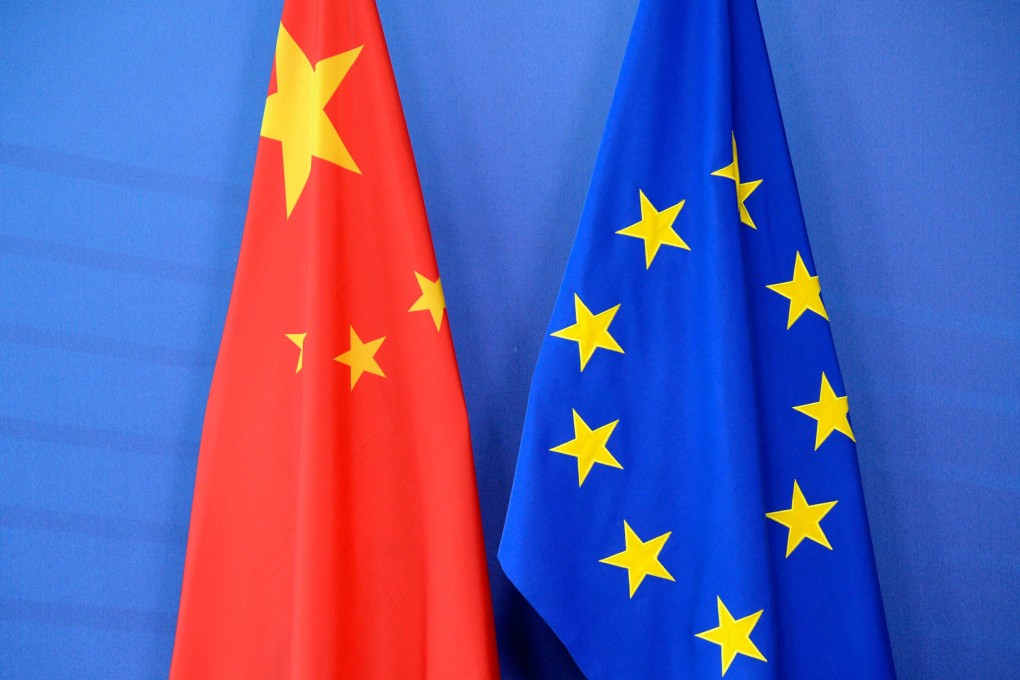Advertisement
Exclusive | EU set to renew sanctions on Chinese officials for alleged Xinjiang abuses
- Adoption of the renewal is expected in early December after member states’ ambassadors give the go-ahead ‘without discussion’
- If adopted, the measures against four officials and one entity will roll over in March, one year after they came into force
Reading Time:3 minutes
Why you can trust SCMP
10

The European Union is set to renew sanctions on Chinese officials, after the legislative process cleared an important hurdle on Wednesday morning in Brussels.
The renewal is now expected to be approved on December 6 and 7 at a meeting of employment, social policy, health and consumer affairs ministers from the EU’s 27 member states.
Wednesday’s motion was approved “without discussion” by the EU’s powerful Coreper II body, composed of member states’ ambassadors to the EU, according to multiple officials familiar with the matter.
Advertisement
Normally when a point is adopted by Coreper without discussion, there is “no reason” for the European Council to hold a debate before adopting.
Nor is it seen as important which part of the Council makes the final decision on what is essentially a procedural matter. Diplomats involved in the proceedings had previously said there was little chance of any change in the sanctions given that the situation in Xinjiang had not materially changed.
Advertisement
The Employment, Social Policy, Health and Consumer Affairs Council (EPSCO) is ordinarily tasked with increasing employment levels and improving living and working conditions in the EU.
Advertisement
Select Voice
Choose your listening speed
Get through articles 2x faster
1.25x
250 WPM
Slow
Average
Fast
1.25x
